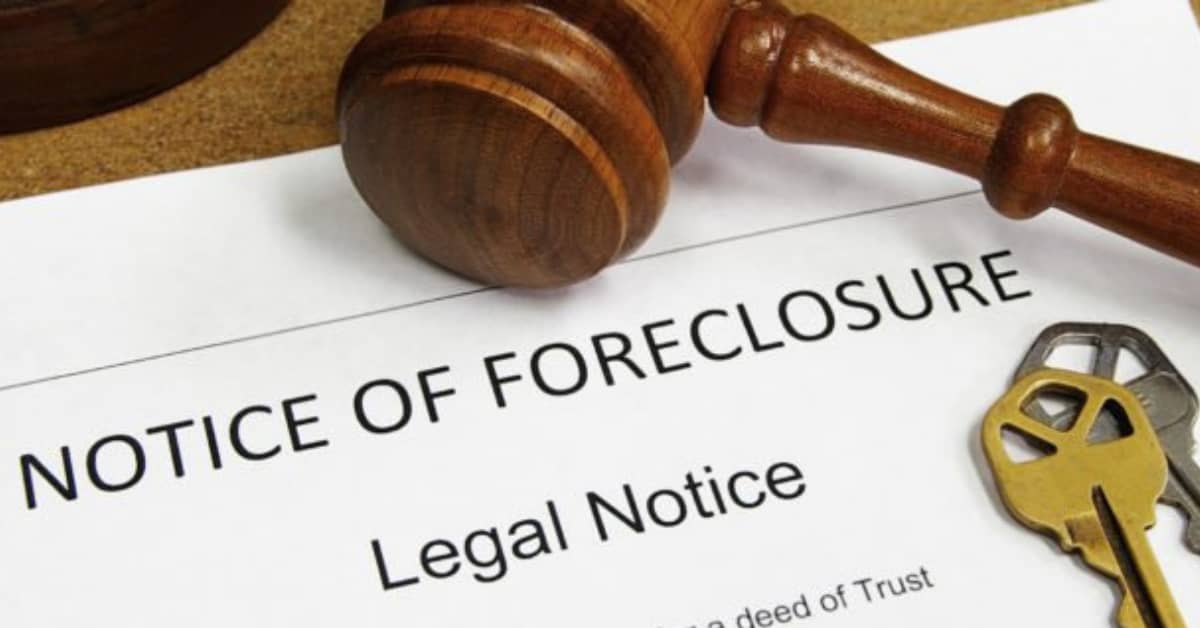The prospect of facing foreclosure is a distressing and overwhelming experience for any homeowner. However, there are alternatives available to halt the foreclosure process, and one viable option is a short sale. A short sale involves selling your home for less than what you owe on your mortgage, with the lender’s approval. In this blog post, we’ll delve into the ins and outs of how to stop foreclosure with a short sale, offering valuable advice to homeowners facing this challenging situation.
Understanding the Short Sale Process
A short sale might seem like a complicated process, but it can provide a lifeline for homeowners who are struggling to make mortgage payments. Here’s a step-by-step breakdown of how the short sale process works:
- Assess Your Situation: Recognize the severity of your financial circumstances and acknowledge that continuing to pay the mortgage might not be feasible.
- Contact a Realtor: Seek the assistance of a real estate professional experienced in short sale transactions. They can guide you through the process and help determine if a short sale is the right option for you.
- Contact Your Lender: Initiate communication with your lender to explain your financial hardships and express your intention to explore a short sale as an alternative to foreclosure.
- Gather Financial Documentation: Prepare a comprehensive package of your financial documents, including proof of income, bank statements, tax returns, and any other relevant information that demonstrates your inability to continue making mortgage payments.
- List the Property: Your realtor will list the property for sale, marketing it as a short sale. Potential buyers will be made aware of the short-sale nature of the transaction.
- Accept an Offer: Once you receive an offer from a buyer, submit it to your lender along with the short sale package. The lender will assess the offer and determine whether to approve the sale.
- Lender Approval: The lender reviews the offer, considering factors such as the property’s market value, the outstanding loan balance, and the buyer’s qualifications. If they approve, the short sale process moves forward.
- Closing the Sale: Upon approval, the sale proceeds like a standard real estate transaction. The lender agrees to accept the sale proceeds as repayment for the mortgage debt, even if the amount falls short of the total owed.
Benefits of Choosing a Short Sale to Stop Foreclosure
- Avoid Foreclosure: The most immediate advantage of a short sale is that it allows you to avoid the devastating consequences of a foreclosure on your credit report.
- Control the Process: Unlike foreclosure, which is dictated by the lender, a short sale puts you in control. You can work with your realtor to find a buyer and negotiate a deal that benefits all parties involved.
- Preserve Your Credit: While a short sale will impact your credit score, the damage is typically less severe and shorter-lived than a foreclosure. This can make it easier for you to secure financing for future endeavors.
- Potential for Relocation Assistance: In some cases, lenders may offer homeowners relocation assistance to incentivize them to complete the short sale process successfully.
Tips for a Successful Short Sale to Prevent Foreclosure
- Act Promptly: Time is of the essence when facing foreclosure. The earlier you initiate the short sale process, the more options you’ll have available.
- Be Transparent: Maintain open communication with your lender and provide accurate and complete financial information. Transparency can increase the likelihood of your lender approving the short sale.
- Work with Professionals: Enlist the help of professionals, including a knowledgeable realtor, real estate attorney, and financial advisor. Their expertise can guide you through the process and help you make informed decisions.
- Price Realistically: Price the property competitively based on current market conditions. An appropriately priced property can attract more buyers and increase the chances of a successful sale.
- Stay Organized: Keep all documentation related to the short sale process in one place. This includes correspondence with your lender, financial records, and communication with your realtor.
- Prepare for the Emotional Aspect: A short sale can be emotionally taxing, as it involves letting go of your home. Surround yourself with a supportive network of family and friends to help you navigate the challenges.
Final Thoughts

Stopping foreclosure with a short sale is a viable option for homeowners facing financial hardship and the looming threat of losing their homes. By understanding the process, seeking professional guidance, and proactively working with your lender, you can navigate the complexities of a short sale successfully. Remember, the goal is to achieve a win-win outcome for all parties involved – you, the buyer, and the lender. While a short sale might require sacrifices, it offers a pathway to a fresh start and the chance to regain financial stability without the long-term repercussions of a foreclosure on your credit history.


